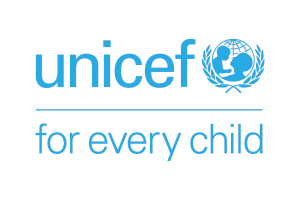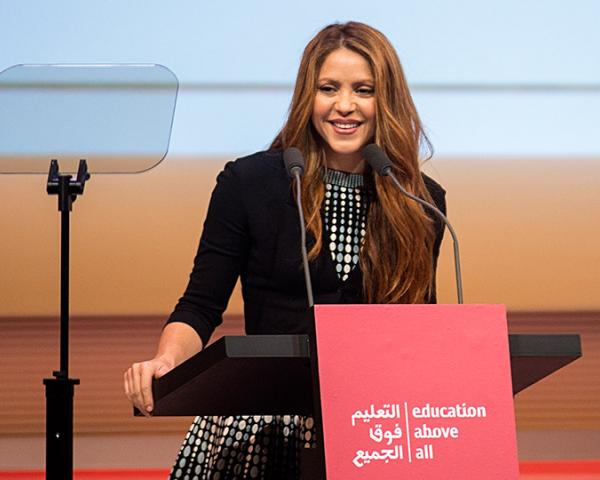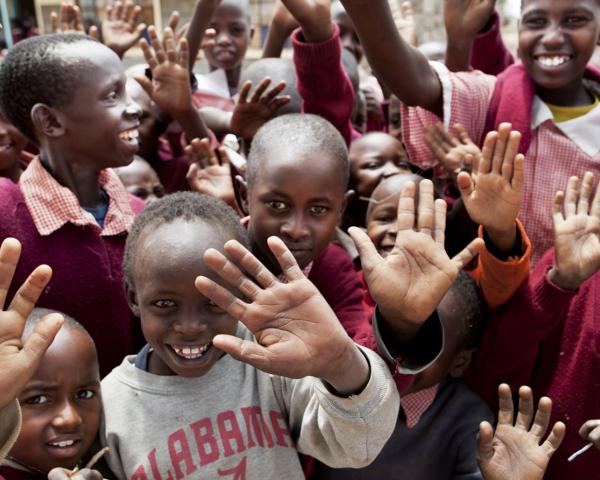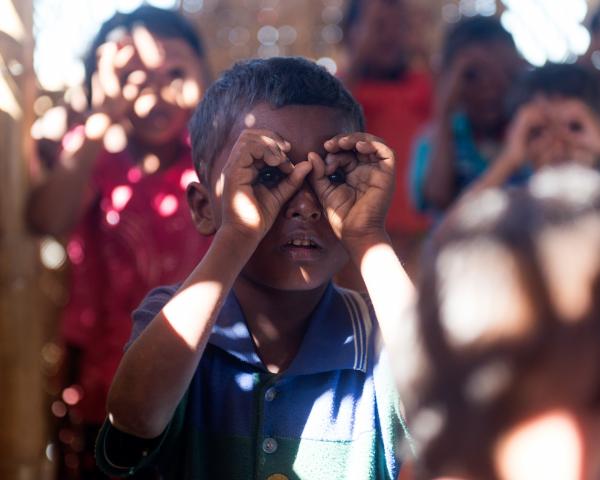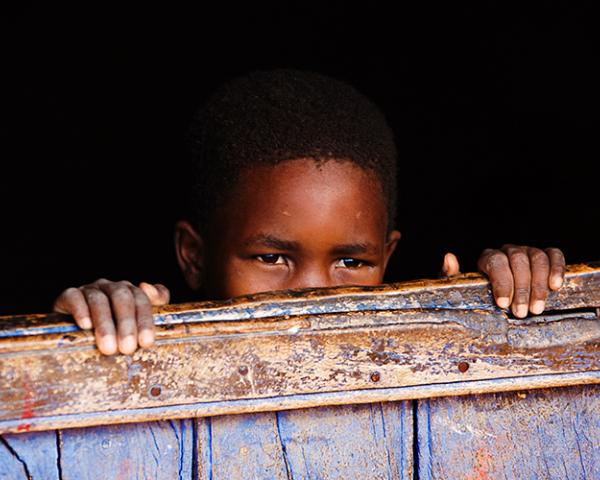Equitable Quality Primary Education for All Children in DRC
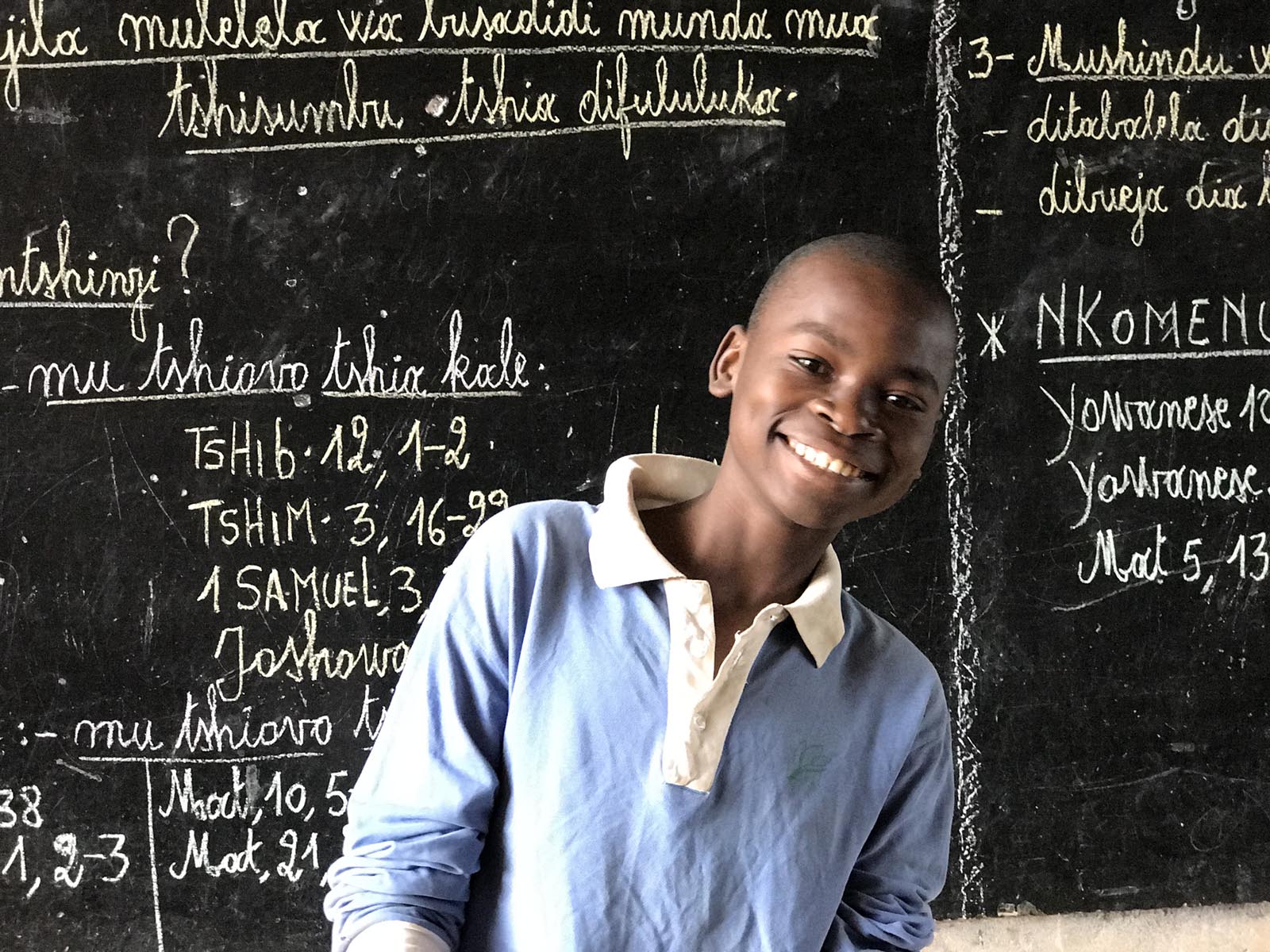
The Equitable Quality Primary Education for All Children project aims to enhance the quality of learning and improve school-based management, accountability, and monitoring. It is intended to secure quality education for 3.7 million six and seven year-old OOSC through community mobilization, construction and rehabilitation of 400 classrooms, improvement of learning outcomes, and development of governance and accountability systems. It addresses barriers to schooling on both the supply and demand side, especially for girls and the most excluded, vulnerable children.
Given the high demand for learning spaces, funding is helping to support the construction, rehabilitation, or extension of 400 primary classrooms. At least two teachers from each of the targeted schools are being trained in learner-centered methodologies on how to transform teaching to improve learning outcomes. Partnerships are being developed with women’s associations and other local groups so that leaders from these groups can mentor young girls and support them in their education. Additionally, school management and accountability systems are being strengthened through training of school leaders and management committees. The training is focused on how to analyze, develop, implement, and provide managerial leadership and accountability to support the pursuit of equitable access, retention and quality-related results.
Partnerships will be developed and maintained to enhance project sustainability. UNICEF and partners will advocate for government to progressively take responsibility for meeting the cost of education through effective implementation of the free primary education policy. For sustainability and maintenance of schools, construction and rehabilitation will be achieved through community buy-in and participation.









